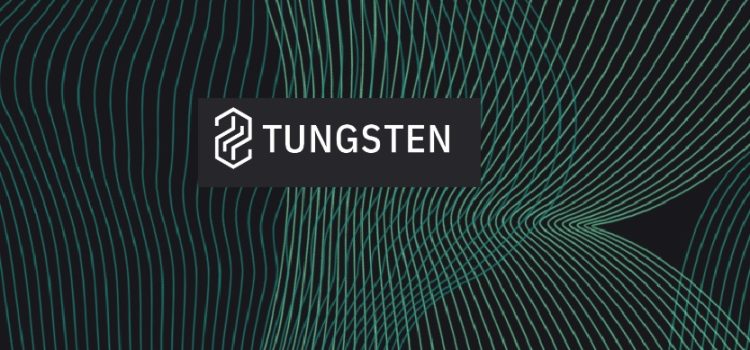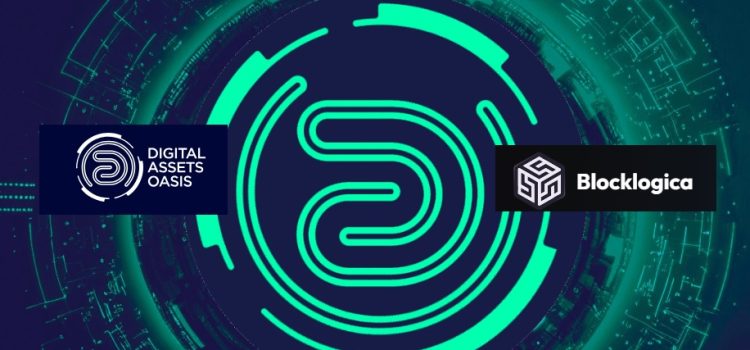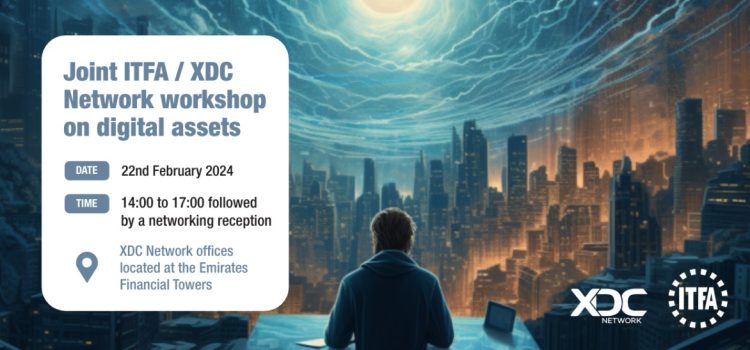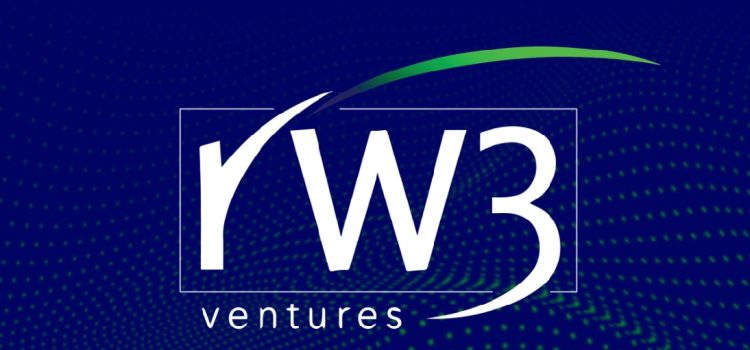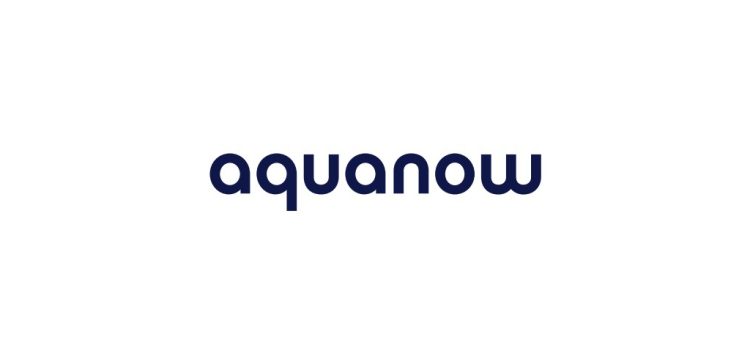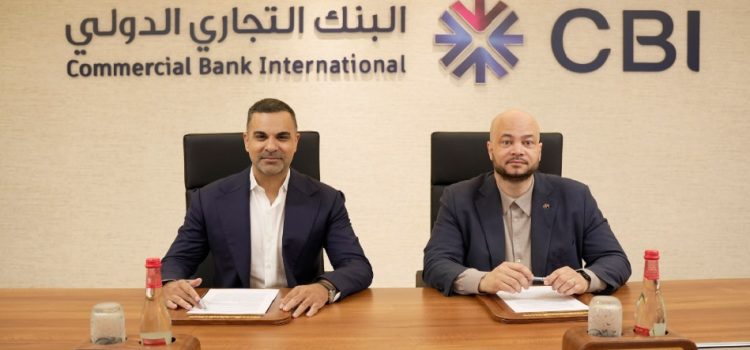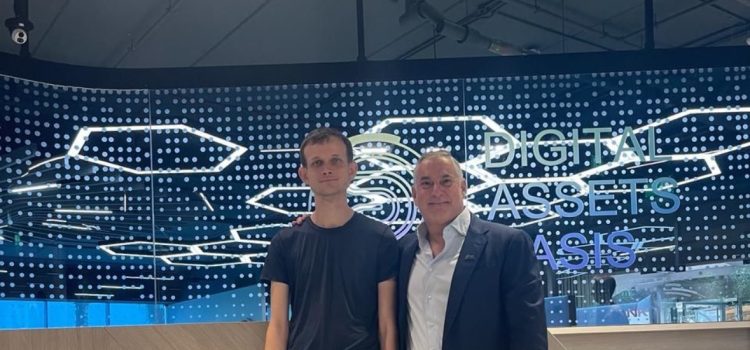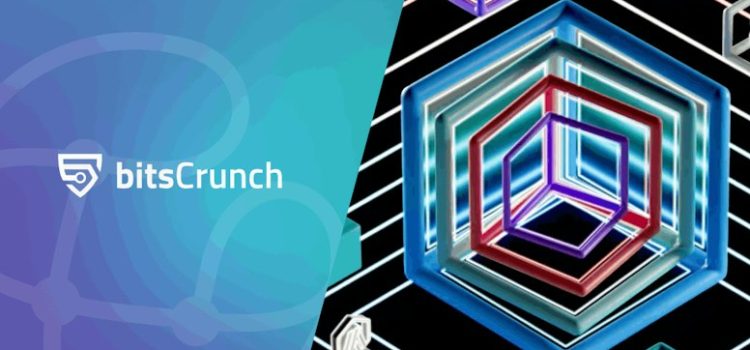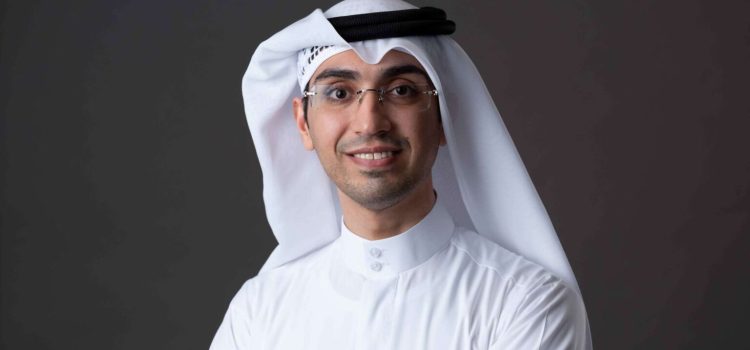
UAE HAYVN investors, Deus X Capital, a $1 billion family office has agreed to buy out HAYVN digital assets infrastructure provider and appoints Richard Crook as new CEO. Deus X Capital will purchase the business brand, technology, clients and staff from other HAYVN shareholders.
The parties have agreed to the asset purchase, subject to completion.
As per the press release, the deal provides the opportunity to recapitalize and reinvigorate the business as it seeks to consolidate its presence in the Middle East, while allowing for growth globally.
In addition, Richard Crook has been appointed interim CEO of HAYVN with a focus on growing the business and realizing the global opportunities ahead of it. Ahmed Ismail, Board Member & Co-Founder of HAYVN had told LaraontheBlock that they would be appointing a new CEO in December 2023.
Crook joins HAYVN following more than 25 years in the digital assets and investment banking industries, including roles such as COO of BCB Group, the digital assets payments business, and Head of Emerging Technology at investment bank RBS after serving in senior management roles at UBS.
Tim Grant, CEO, Deus X Capital, speaking on the asset purchase stated, “HAYVN is an innovative business at the forefront of the movement to a democratized financial system. We are committed to providing institutional clients with the critical services they need to capitalize on the existing and growing opportunity in digital assets, while continuing to build and develop new capabilities. HAYVN is core to our strategy and represents another pillar of our commitment to the Middle East region.”
Richard Crook, interim CEO, HAYVN, said: “I am delighted to join a business that has already established itself as a leader in financial technology and a fundamental pillar of the digital assets ecosystem. The digital assets industry is growing at a rapid pace as it continues to converge with traditional financial services, and I look forward to ensuring that HAYVN is central to that growth as we build on our success.”
This comes after the ousting of their previous CEO under difficult circumstances.









